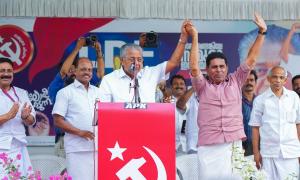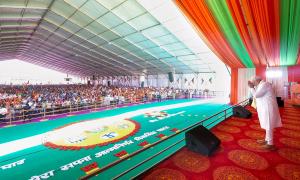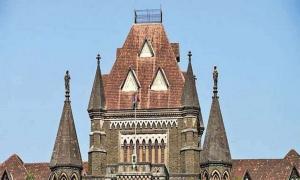The government is planning an overhaul of the tax structure for automobiles so as to give a fillip to manufacturing of small cars and discourage the use of old commercial vehicles.
"A number of companies have proposed to manufacture small cars and some are looking at India as an export base. I am aware of the tax problems of the automobile industry as cars are clubbed in the luxury goods bracket with tobacco and alcohol. So, we need to revisit the issue sooner than we had planned," Finance Minister P Chidambaram said today at the annual session of the Society of Indian Automobile Manufacturers here.
He said the government would also look at extending tax benefits on research and development spending, available till the end of this financial year.
If the tax on small cars is reduced, the biggest beneficiary in the near-term will be Maruti Udyog Ltd, which lords over the 800-1,100 cc range with a plethora of offerings and has recently made a splash in the 1,300 cc category with the Swift.
Expectedly, Maruti has been pushing for a differential duty structure, under which small cars will attract lower taxes than bigger cars, often seen as luxury items.
Hyundai Motor India and Tata Motors will be the other beneficiaries. Hyundai's Santro and Tata's Indica are classified as small cars and sell in large numbers. Fiat, too, will be able to lower the price of its 1,300 cc Palio.
In the longer term, however, most companies will benefit. Most automobile manufacturers operating in India have, from time to time, talked about their intent to enter the volume segment. The certainties are Toyota Kirloskar and General Motors India, both of which have plans to enter this segment by 2007.
The Indian tax structure for automobiles has for long been a subject of intense discussion. All passenger cars now attract excise at 24 per cent, sales tax at 12 per cent (on excise as well as freight, creating a cascading effect), road tax in the range of 4-11 per cent (rising with car costs), and octroi. With the Customs duty on components thrown in, the tax component is over half of what a customer pays for a car.
Assuming that the cost of producing a car is Rs 200,000 and it retails at Rs 300,000 (excluding profits), an 8 per cent reduction in excise will straightway enable a Rs 16,000 cut in its price.
The government's Automobile Policy of 2000 does talk of a lower excise duty for small cars of less than 3.8 metres in length. A differential tax structure is now prevalent in many European countries, Thailand, and, most notably, in Japan where cars with engines up to 660cc attract very low taxes.
Reacting to a suggestion of Maruti Udyog Managing Director and outgoing Society of Indian Automobile Manufacturers (SIAM) President Jagdish Khattar, the finance minister said he was in favour of taxing old commercial vehicles heavily to discourage their use. The proposal was opposed by Ashok Leyland Managing Director R Seshasayee.
Sources said SIAM, at the instance of the finance minister, was conducting a study to look into ways to discourage the use of old commercial vehicles. On fringe benefit tax, the minister also said the government was willing to discuss anomalies that had crept into the explanatory notes on the FBT issued earlier this week.









More from rediff